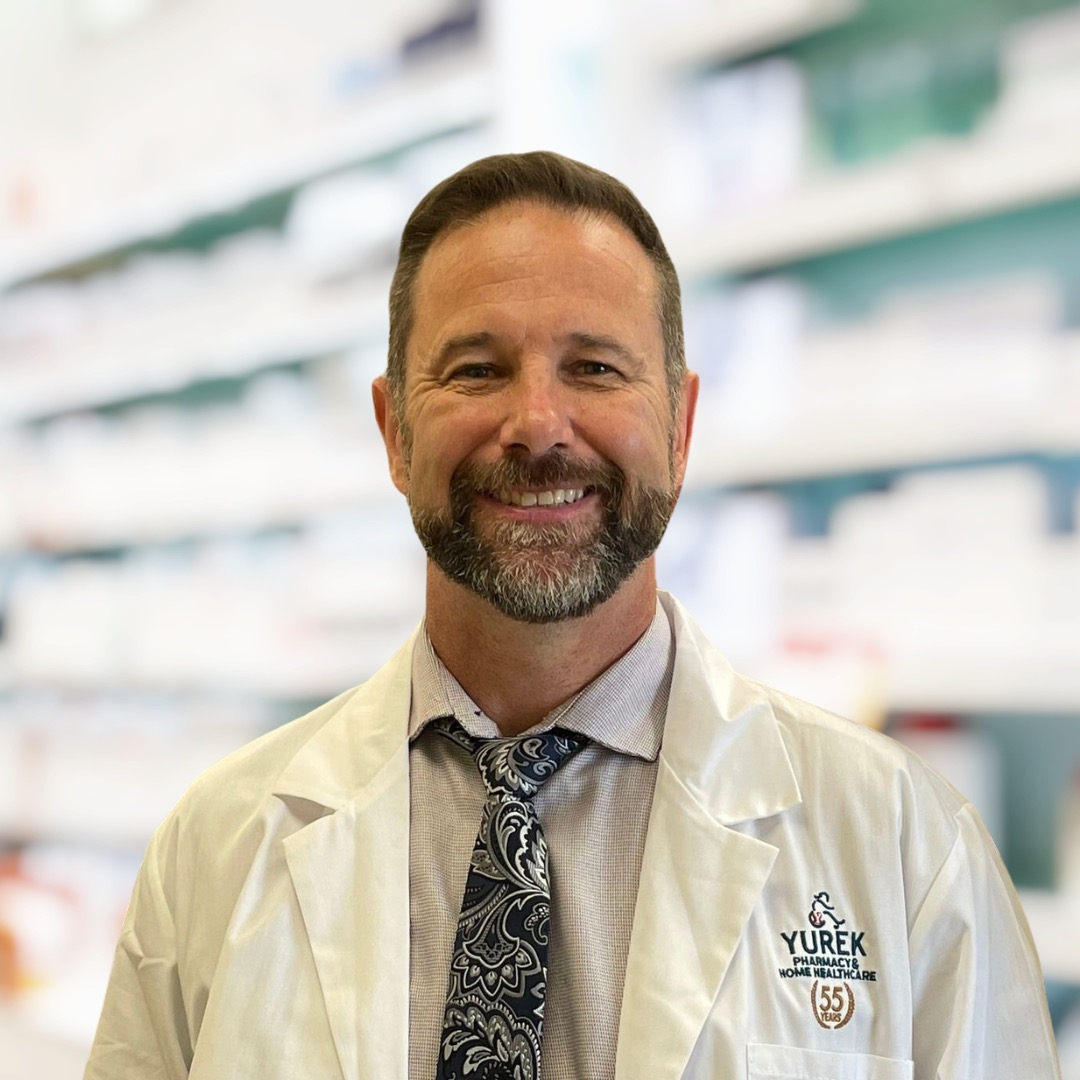One of the major topics of discussion in the news currently surrounds personal protective equipment or PPE. More specifically, who should wear it, when it should be worn, and its availability or lack thereof. Personal protective equipment is defined as “any physical barrier between the eyes, ears, nose, mouth, skin and viruses.” It includes masks, gloves, gowns, respirators and eye protection, but, most of us only wear the first two.
There are a number of types of masks with different levels of protection. N95 masks fit tightly over the nose and mouth and screen out 95% of airborne particles when properly fitted. These types of masks protect the wearer and should ideally be reserved for frontline workers such as nurses and doctors. Surgical or medical masks are more loosely fitting and act as a barrier to large droplets released from coughing or sneezing. They do not protect the wearer as much as they protect the people around them; they also reduce the spread to surfaces. There is quite a bit of debate and controversy as to whether or not masks actually help control the spread of COVID-19. Additionally, people need to understand that wearing a mask should never replace physical distancing and hand washing. One final suggestion- if you are wearing cloth reusable mask, you should be washing it frequently to prevent infection.
While there is debate surrounding the effectiveness of wearing masks in public, the use of gloves seems to be clearer. Viruses like COVID-19 are spread when a person touches a contaminated surface and then touches their face. Gloves act as a physical barrier to the skin but can easily become contaminated. If the virus is on the hands (or gloves) the only way to become infected is by touching the face. Wearing gloves could potentially lead to a false sense of security and thereby less hands washing. Often, people wear the same gloves during an outing without washing or sanitizing their gloves, which is counterproductive and ultimately may increase transmission. There are only certain instances where gloves are necessary: if you are cleaning with chemicals, handling garbage or healthcare workers who are trained on how use to use gloves and dispose of them often and properly.
So, when it comes to PPE, masks are a ‘maybe’ or a ‘strong probably’ but gloves only if used properly. Stay safe, stay positive and take care of yourselves and each other.








